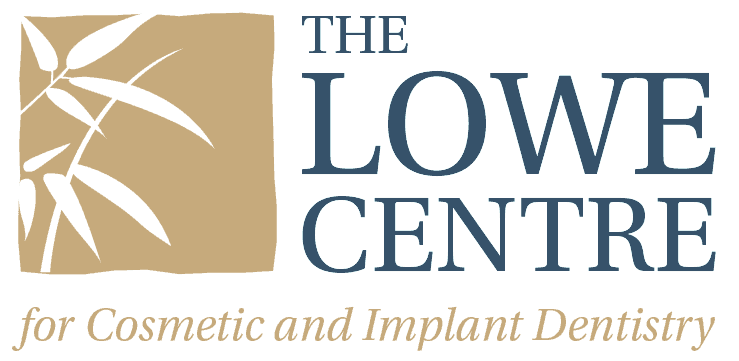Professional fluoride treatments have long been an important part of a thorough dental health regimen for children and adolescents but, with a growing shift towards preventative dentistry, more adults are reaping the benefits of fluoride. In fact, a recent study demonstrated that a prevention based dental care plan, including fluoride treatments, reduced the need for adult fillings by over 30%. In this article, we’ll provide a bit of background on fluoride and discuss how it can benefit your teeth.
What is fluoride and how does it work?
Fluoride is a naturally occurring mineral found in our water, air, soil, and food that, when applied to the teeth, helps prevent oral decay and disease in several ways. First, fluoride helps strengthen your teeth’s enamel, the hard outer layer that protects the sensitive inner layers from decay and erosion. Fluoride also attacks the acid-producing bacteria in your mouth and makes it harder for that bad bacteria, which promotes cavities, to stick to your teeth. Finally, fluoride has healing properties that can repair teeth that are in the early stages of dental disease.
How is it applied?
Fluoride comes in several forms, including gel, foam, or varnish. Typically, an experienced dental hygienist will apply it with a swab or brush, or it can be placed in a tray that is held in the patient’s mouth for a few minutes. Once the treatment is complete, you may be asked to avoid food and drink for thirty minutes, which will allow your teeth to fully absorb the fluoride. And, you’ll be happy to hear that fluoride treatments are completely painless.
Why should adults consider fluoride treatments?
Cavities have a host of causes that do not discriminate based on age, but there are several risk factors for dental decay that are often unique to adults, including tobacco or alcohol use and the regular ingestion of medications that cause dry mouth. Plus, there are certain dental maladies that tend to appear only in our later years. That’s why routine fluoride treatments for adults, particularly those already suffering from a few dental problems, are becoming more common.
Your dentist can help you determine whether professional fluoride applications should be a part of your individualized dental health plan by evaluating your degree of risk for tooth decay and disease. Each patient’s degree of risk is based on a number of factors, including diet, medical history, and saliva flow. To find out if your pearly whites could benefit from professional fluoride treatments, consult one of our knowledgeable team members today.

